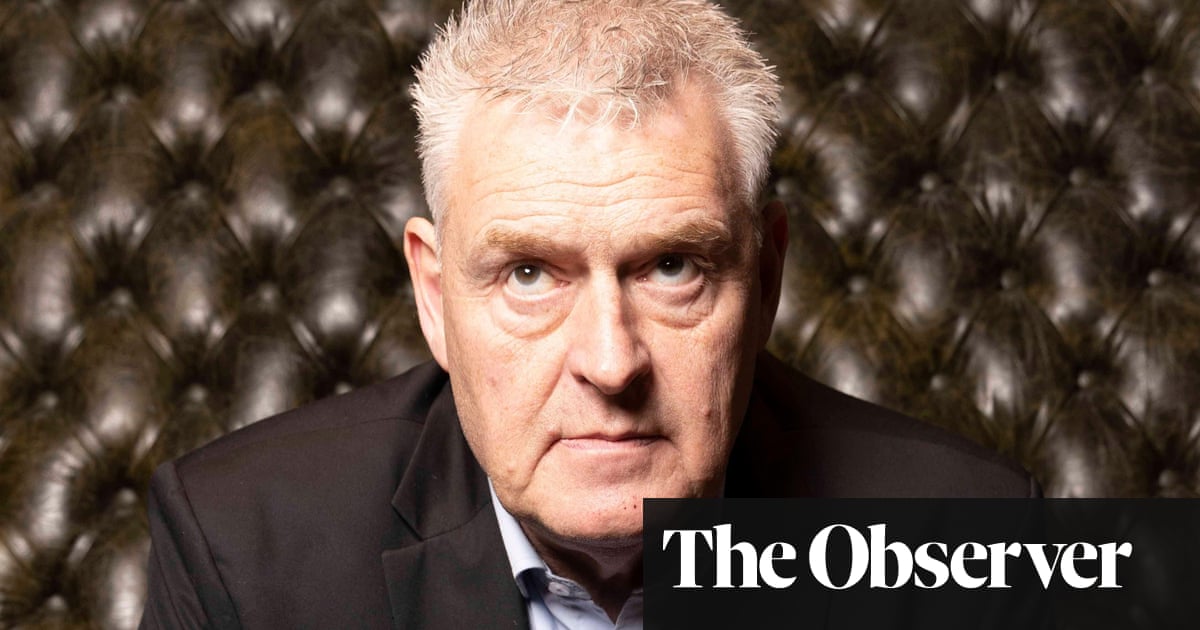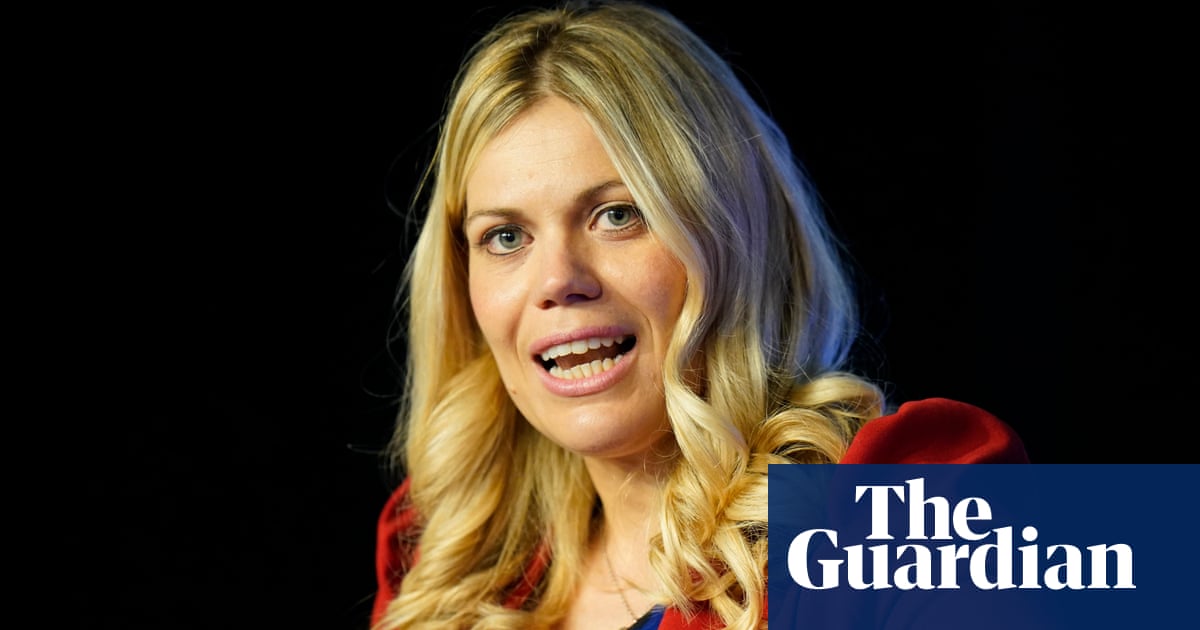
Sarah Vine – the Daily Mail columnist and Michael Gove’s ex-wife – wrote this week that Liz Truss’s mistake had been to forget that you should keep your friends close and enemies closer. But the prime minister’s problem is that even if she tried to adopt this approach, she now has too many foes to hug them all near.
As Tory MPs take in the political landscape after four days of infighting at the party’s conference in Birmingham, once again a sense of despair has taken hold of the parliamentary party. “It was very chaotic and divisive,” says one MP of the party’s annual meet. “There weren’t as many of us there, but the ones that did show up were downbeat about the party’s prospects.”
Truss’s leader’s speech was her best moment of the week. It was a clear exposition of what she believes and succeeded in calming some nerves; it went down well with activists and MPs in the hall.
But it does not change the fundamentals: the Tories are 20-plus points behind in the polls. The new prime minister presides over a party where just under a third of MPs backed her leadership in the parliamentary round of the contest. Her approach to governing – rewarding loyalty foremost – means many MPs feel little desire to go out of their way to help her. In fact, there are plenty of MPs inclined to do the opposite.
As unhappiness grows, new factions are emerging in the party. “It’s not just an omnishambles, we’re into omnifactional warfare now,” explains one seasoned plotter. So much poison has built up over the past few years that no one is quite sure who is on whose side or which grudge trumps which. The phrase “my enemy’s enemy is my friend” explains some of the curious coalitions that are forming.
The biggest factor in Truss’s favour right now is the fact that many MPs believe it would be madness to oust another leader one month in, especially when there is no obvious consensus candidate to replace her. “There isn’t yet sufficient momentum to remove her,” says one senior Tory well versed in parliamentary manoeuvres. The mechanism is also unclear, given it would require a rule change.
Yet MPs can cause all sorts of problems without penning a no-confidence letter to the 1922 committee. There are plenty of tricky votes coming up as the government attempts to push supply-side reform through.
Clans are forming.
Truss’s speech managed to misfire with one rather important constituency: Team Boris. There is anger among some of her predecessor’s supporters that Truss did not mention Boris Johnson once in her conference speech. With Johnson staying away from the conference in order to allow Truss to make her mark, some of his allies presumed she would pay tribute to him.
It has added fuel to the anger felt among Johnson backers that Truss is keen to change course and ditch much of Johnson’s policy programme. Nadine Dorries – who campaigned for Truss during the leadership – has accused her of “lurching to the right”.
Plans to water down various environmental policies have gone down particularly badly with Team Johnson – given Boris and Carrie Johnson’s support for wildlife and nature.
One of the problems Truss has is that while Dorries and other Boris cheerleaders supported her in the leadership campaign, it was at least in part to stop Rishi Sunak from winning. It means their support is unreliable and can switch quickly – particularly if they think doing so could lead to the return of Johnson to frontline politics. Former aides whisper that it doesn’t seem so implausible these days.
The Sunak backers could be the next faction to cause Truss problems. Many took badly to the repeated briefings that they would be facing political Siberia if she won. Now they spot a weakness they can exploit. Sunak is keen to keep a low profile – he learned the hard way that looking as though you are disloyal can hurt leadership ambitions.
His supporters from the campaign are “grandee cabinet level” according to one former minister; they “know what they are doing”. They include Grant Shapps and Gavin Williamson. This group believe their warnings were derided but have now been proved right. But, oddly, the ones who are most angry are those who didn’t lay into Truss during the campaign. They thought this would be enough to ensure that they were kept on – and are infuriated things have not turned out that way.
Then there is Gove. The Truss team took particular pleasure in not appointing him. But Gove has repaid that snub with interest. He was sitting just feet away from Truss in a BBC studio on Sunday when he derailed Tory conference by implying he would vote against the abolition of the top tax rate. Gove and Truss represent two very different strands of Tory thinking, and he is unlikely to go quiet now. Though this, in turn, has led some MPs to turn on him. “He is behaving disgracefully,” says one who backed Sunak in the contest.
Next up are the future leadership rivals. When ambitious ministers sense weakness, it tends to lead to showboating as they entertain the possibility of another leadership contest sooner rather than later. While many MPs think it would either be Johnson or Sunak, both face plenty of bad blood and could struggle. “Ben Wallace or Penny Mordaunt would be able to make a stronger case that they could unite the whole party,” says a colleague. And that means everyone is jostling for pole position. Look at how Mordaunt has freelanced on inflation benefits. Suella Braverman, for her part, toured the conference fringes with base-pleasing messages on immigration and tax.
Add to this the usual factions of one nation Tories who never liked Truss, her fellow intakers from 2010 who resent her rise and young “red wall” MPs easily spooked by the polls, and winning the contest will soon seem the easy bit. “MPs are going on electoral calculus and looking at what the polls mean. It’s not good,” says a source. Truss somehow needs to show MPs she can guide them to sturdier ground – before discipline collapses entirely.
Katy Balls is the Spectator’s deputy political editor












